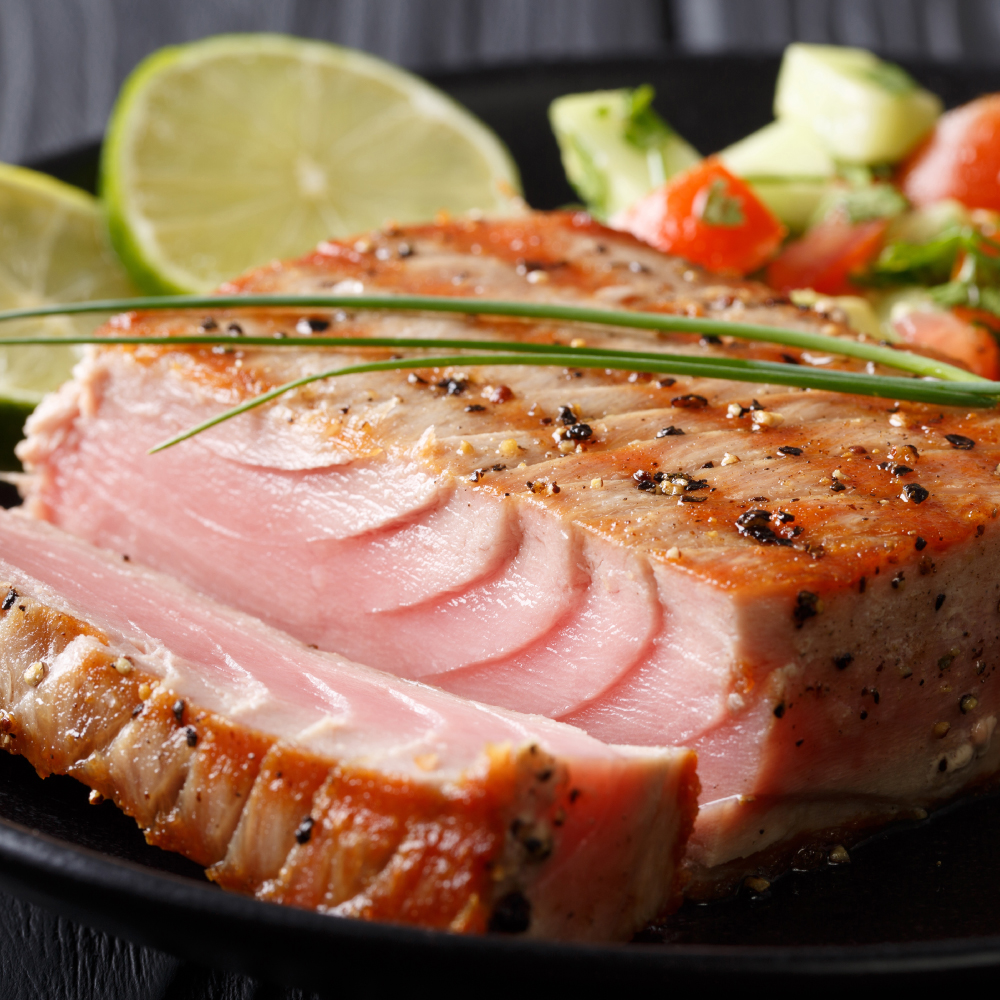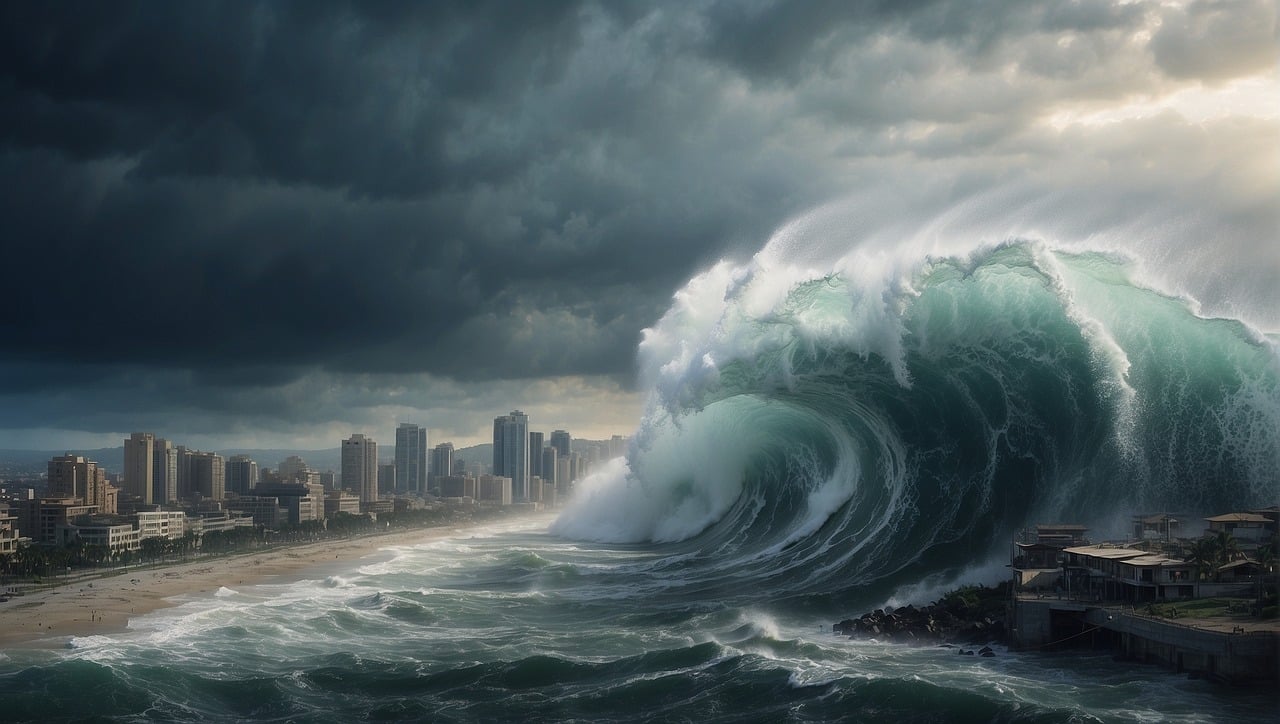by Martin Haffner Associate Editor
Honolulu, Hawaii – Climate change is causing irreparable damage to the Pacific Islands, not only in the form of rising sea levels, intense storms, and coral bleaching but also through a significant decline in tuna stocks. The devastating impact on the tuna population has far-reaching consequences for the region’s economy, food security, and culture.
The Pacific Islands are a crucial tuna-producing region, accounting for over 30% of the world’s supply. However, warming waters and changing ocean conditions have led to a significant decline in tuna numbers, threatening the livelihoods of countless fishermen, their families, and entire communities.
Ocean Warming and Tuna Decline
Studies have shown that ocean warming caused by climate change is disrupting the delicate ecosystem that tuna inhabit. Rising sea temperatures alter the fish’s migratory patterns, food availability, and breeding habits, causing a decline in their populations.
The most affected tuna species include bluefin, yellowfin, and bigeye, which are highly prized for their meat and sashimi-grade quality. The loss of these fish not only impacts local economies but also compromises food security, as tuna is an essential source of protein for many Pacific Islanders.
Implications for the Pacific Islands’ Economy
The tuna industry is a vital component of the Pacific Islands’ economy, generating significant revenue and creating jobs for thousands of people. However, the decline in tuna stocks has already begun to have a ripple effect on the regional economy.
Fisheries revenue in the Pacific Islands is projected to decrease by as much as 30% by 2050, leading to potential job losses, reduced income for fishing communities, and a decline in government revenue.
Climate-Induced Disasters
Rising sea levels and intensifying storms are also exacerbating the tuna decline. Coastal erosion, sea-level rise, and increased storm frequency and intensity are destroying habitats, disrupting fish migrations, and altering ocean circulation patterns.
The recent Category 5 cyclone that struck Tonga in January 2022 destroyed over 90% of the country’s tuna fishing fleet, leaving hundreds of fishermen without a source of income.
Cultural Significance and Traditional Livelihoods
Tuna is not just an economic resource; it’s a cultural icon in the Pacific Islands, representing tradition, identity, and a deep connection to the ocean. Many Pacific Islanders rely on tuna as a food source, and their fishing practices are often tied to cultural ceremonies and rituals.
The decline of tuna stocks threatens not only the economic and food security but also the cultural heritage of the Pacific Islands. As tuna numbers dwindle, traditional fishing practices are becoming unsustainable, and the region’s rich cultural history is at risk of being lost.
Regional and Global Response
The Pacific Islands have long advocated for urgent climate action to reverse the damage to their tuna industry and ecosystem. Regional governments, international organizations, and global leaders must work together to address the pressing issue of climate change and its impact on tuna stocks.
The region’s fishers, governments, and conservation organizations have called for:
- Reduced carbon emissions: Immediate action to limit global warming to 1.5°C above pre-industrial levels.
- Improved fisheries management: Effective management of tuna fisheries to ensure sustainability and conservation.
- Climate-resilient infrastructure: Investment in climate-resilient fishing infrastructure to protect coastal communities from climate-induced disasters.
As the Pacific Islands continue to suffer from the devastating effects of climate change, it’s clear that urgent action is needed to address the tuna decline.



